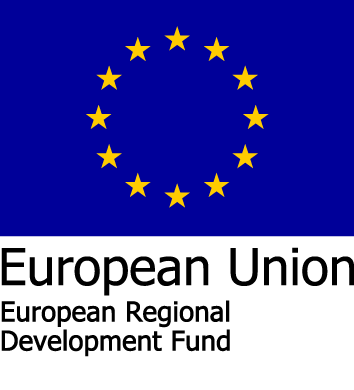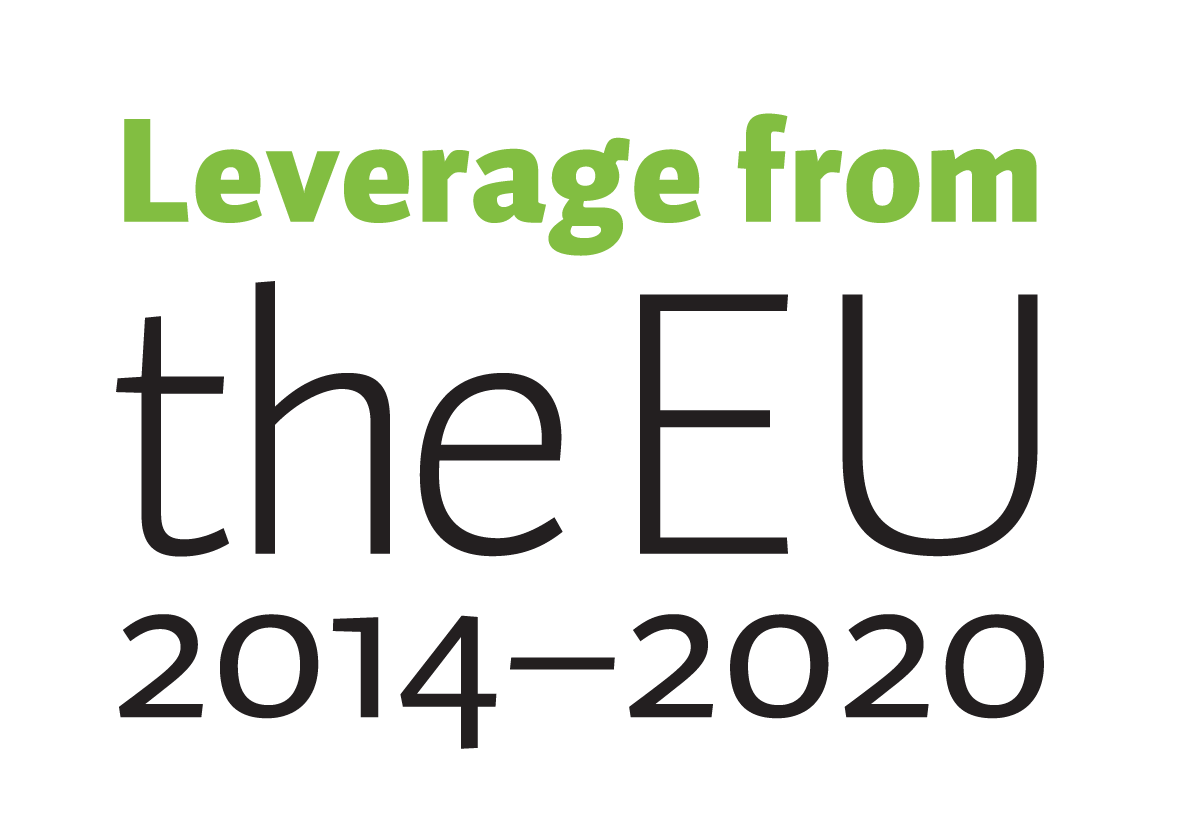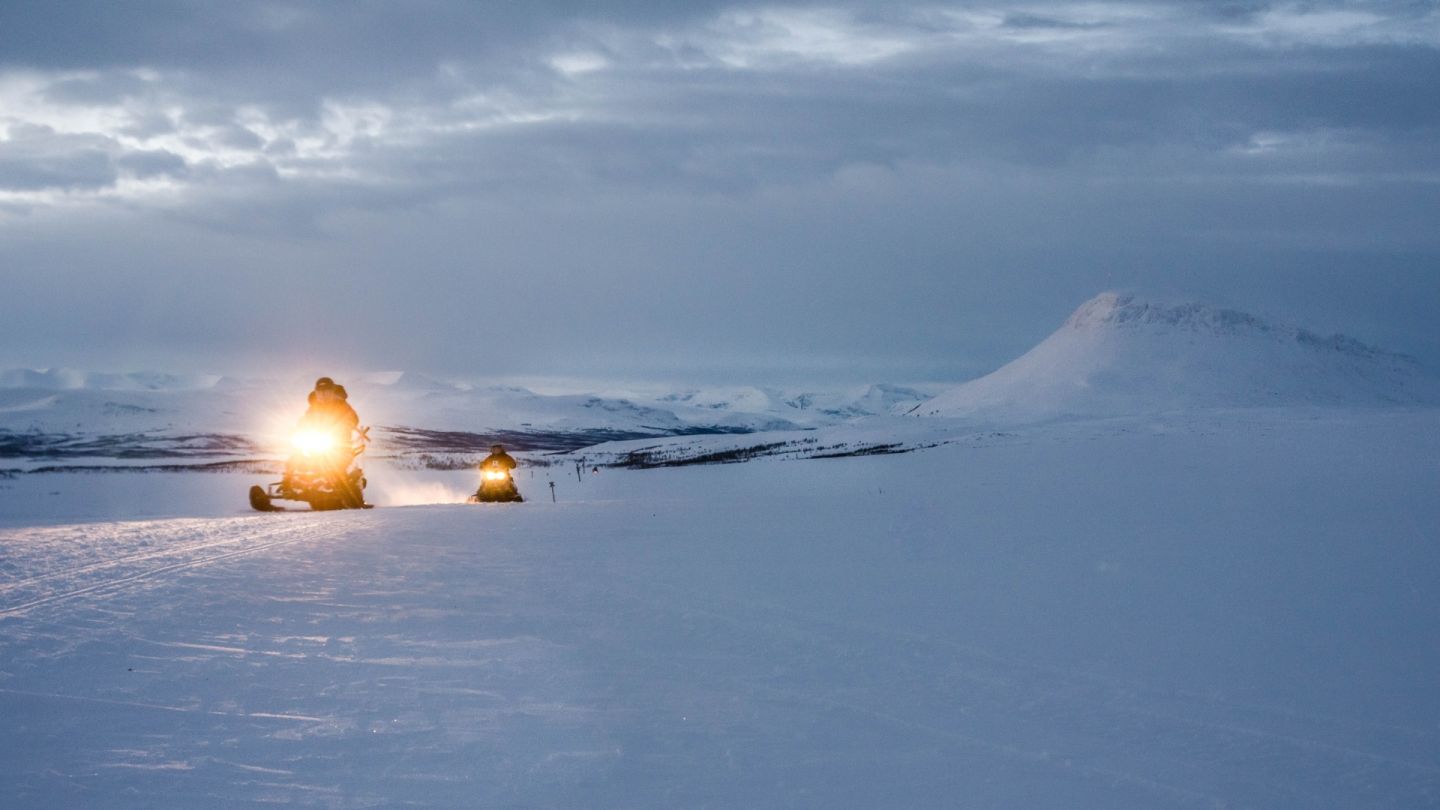Winter Testing, and Testing in Extreme Conditions: A growing business in Lapland.
What is it about?
Reasons for the growth of the winter testing industry include the following global megatrends:
- The growth of the middle class in Russia, India and China, population growth in developing countries and climate change require manufacturers to adapt their products to challenging and rapidly changing conditions.
- In order to make energy-efficient and environmentally-friendly products, companies must find energy-efficient solutions, and cold conditions are the best testing and development ground for these.
- Self-steering and electric vehicles will gradually replace traditional combustion engine vehicles, and this shift requires constant testing in extreme conditions.
Importance for Lapland
Arctic testing is a growing sector, and it has been one of the pillars of business in Lapland for decades.
The transformation and digitization of the vehicle market require constant development in the vehicle testing sector. Excavation, offshore and seafaring operations are expected to grow in the Arctic region, which means new materials, components and devices are needed on the market in order to ensure environmentally-friendly and energy-efficient operation under Arctic conditions.
The winter testing of vehicles is a growth sector. Transportation and logistics are the largest industry at a global scale, and technical development in this industry requires winter testing. More stringent emissions standards promote the growth of hybrid technologies and electric vehicles: the market shares of these solutions are growing at a rate of approximately 5–10 per cent per year. Subjects for future research are smart testing procedures, structural stress under dynamic conditions, simulation models, design rules, material and component behavior as well as snow and ice management in Arctic conditions.
No exact figures on the scope of the sector are available, because factories have their own test facilities in places such as Ivalo, and these facilities do not disclose information on their operations. The estimated direct turnover of the winter testing business is 30–40 million euros. In addition to this, winter testing affects sectors such as hospitality, transportation, leisure-time activities and other services. When these indirect effects are taken into account, the total value of the sector exceeds a hundred million euros per year.
There are less than ten companies providing testing in the transportation and logistics sector, and the largest of these are Wintertestcenter Service in Muonio and Test World in Ivalo. Smaller private operators include Arctic Test Services and Arctic Driving Center in Rovaniemi. Some factories also have their own test facilities. Lapland Proving Ground (LPG) has built a test ground for self-steering vehicles in Muonio, and the facilities of Arctic Research Center (ARC) can be used by research institutions, universities and companies to develop services for autonomic vehicles and smart traffic.
The more stringent security and environmental requirements increase the need for winter testing, regarding also other applications than vehicles. Arctic Power is a competence center for the fields of ICT, energy and construction at the Lapland University of Applied Sciences. It produces solutions for Arctic conditions, such as sensor technology, wireless data transfer methods, and expertise in data management and analytics.
Finnish Lapland and Sweden have been the leading competitors in winter testing for decades. Sweden still has more business in the field, but Finland has been catching up in recent years. Finland’s key success factors include top expertise, international marketing and cooperation between operators.
Sources and more information: Study by Tekes; Test World.
You can also load briefing paper (pdf) which tells about the winter testing of Lapland.
Published 9/2017



